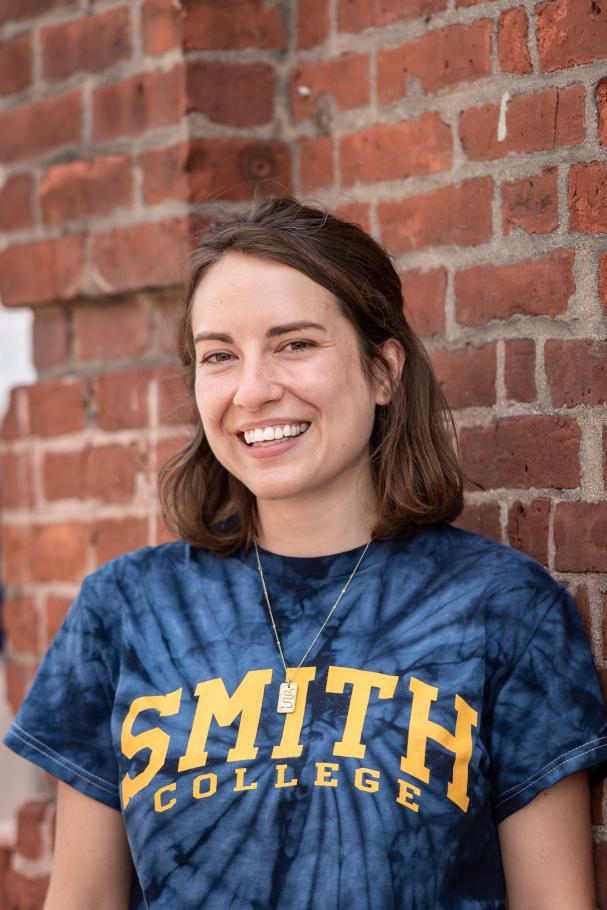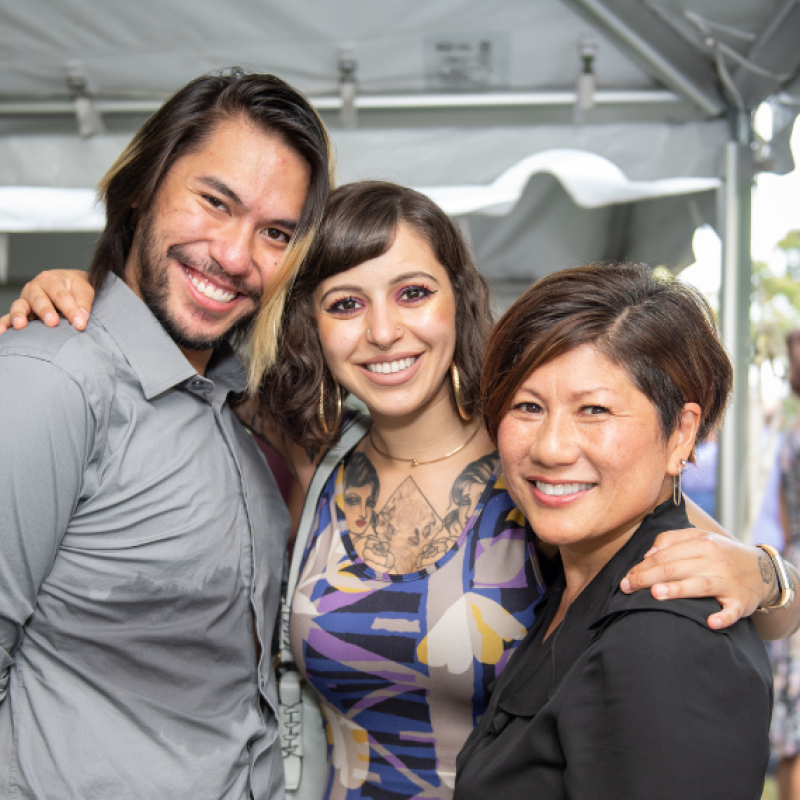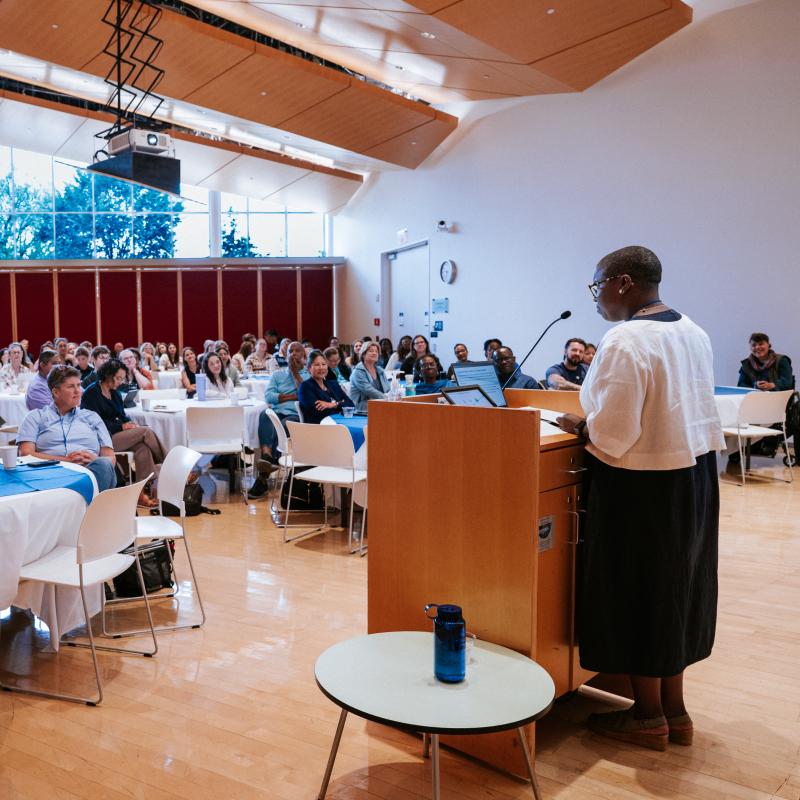
“There are a million different reasons why clinical social work is needed,” Eve White M.S.W. ’22 believes. “It can help people hold on to hope, heal and live their lives the way they want to, with meaning.”
White looked into M.S.W. programs a few years after earning her M.F.A. from the University of Southern California. Smith’s stood out for several reasons, including its course offerings, especially its array of electives, and its schedule. White has a learning disability and saw the advantages of alternating coursework in the summer with placements the rest of the year. “I could delve into my courses, be fully involved and less stressed than if I were trying to manage classes and an internship at the same time.”

White is now part of a group practice in Brooklyn and has a number of adult clients with ADHD. To that work she brings empathetic awareness of the challenges many with learning disabilities face. “The system has convinced them that there is something inherently wrong with them. They feel a lot of shame, and it keeps them from living life to the fullest. Therapy can be a key part of the journey toward healing.”
She cites the SSW course Family Therapy: Narrative Approaches to Social Work as having had a profound effect on her work as a therapist. (“I think everyone should take it,” she said.) In fact, she recently signed up for more training in narrative therapy. “It’s an approach that helps people to understand themselves in new ways and discover the preferred stories of their lives. That process can lead to lasting change. It’s also respectful and very transparent; it uplifts the person you work with.”
Still very much an artist, White appreciates that her work schedule allows her time to paint. “I’ve been surprised by how much cross-over there is between painting and psychodynamic therapy. Psychodynamic therapy involves finding patterns and recognizing symbolic meaning, which feels very painterly,” she said.
“Both painting and clinical social work feel like a process of searching for harmony—like finding the possibilities for beauty or healing in what may at first feel overwhelming or chaotic. My narrative therapy professor used a term I really like, ‘uniquely abled.’ That concept guides me to look for the unique perspectives and abilities that living with learning differences gives rise to, and recognize how these unique abilities create possibilities for healing."


